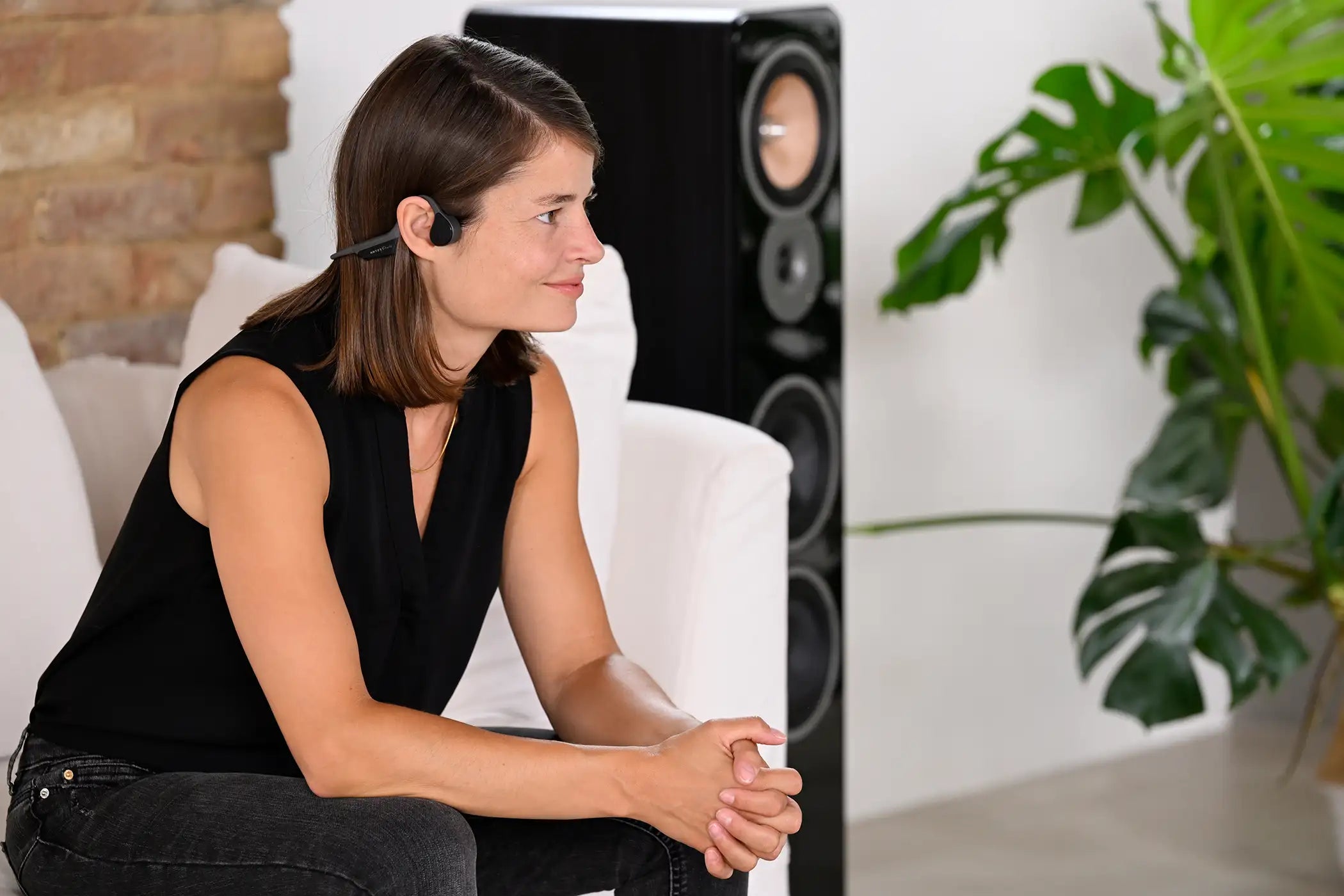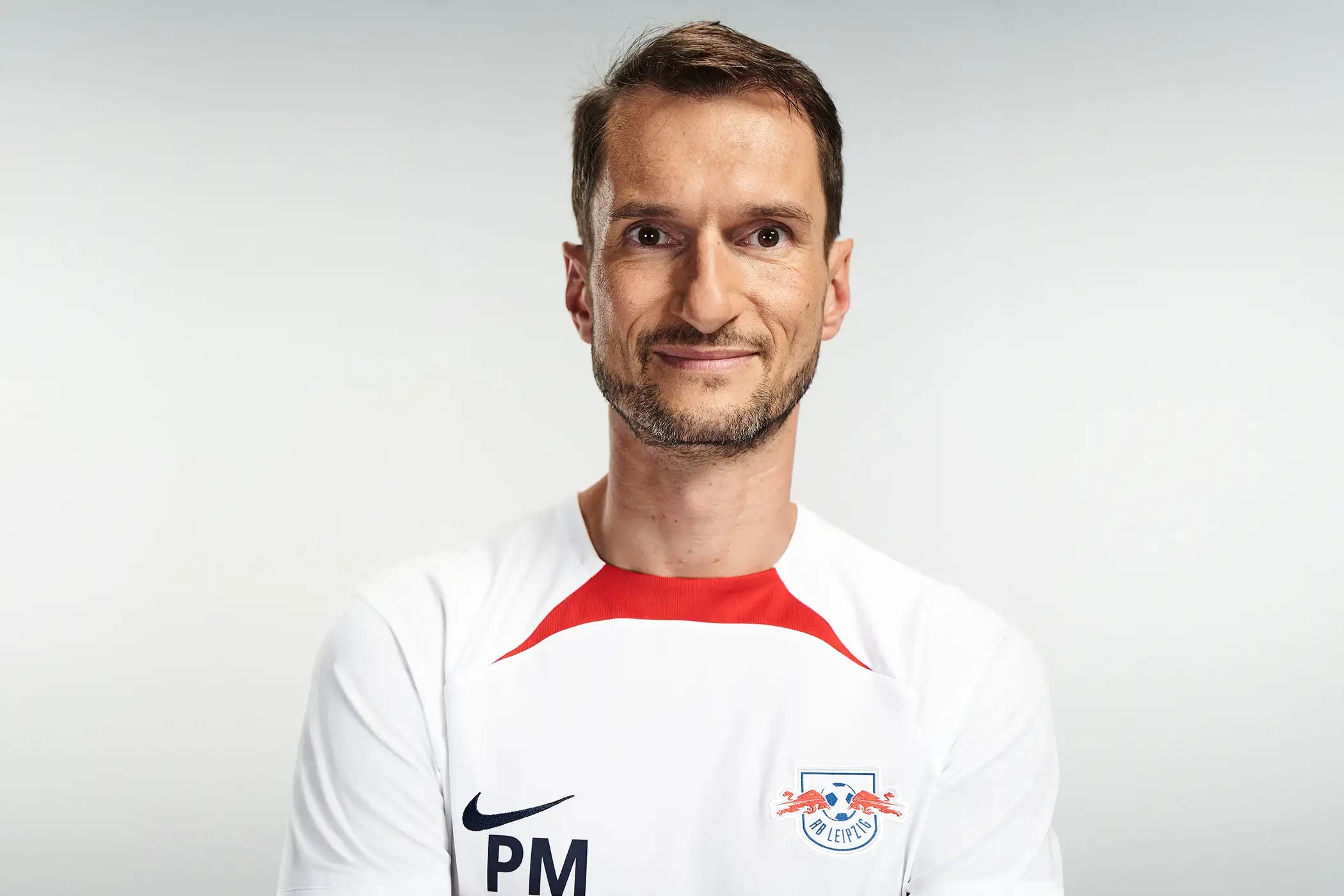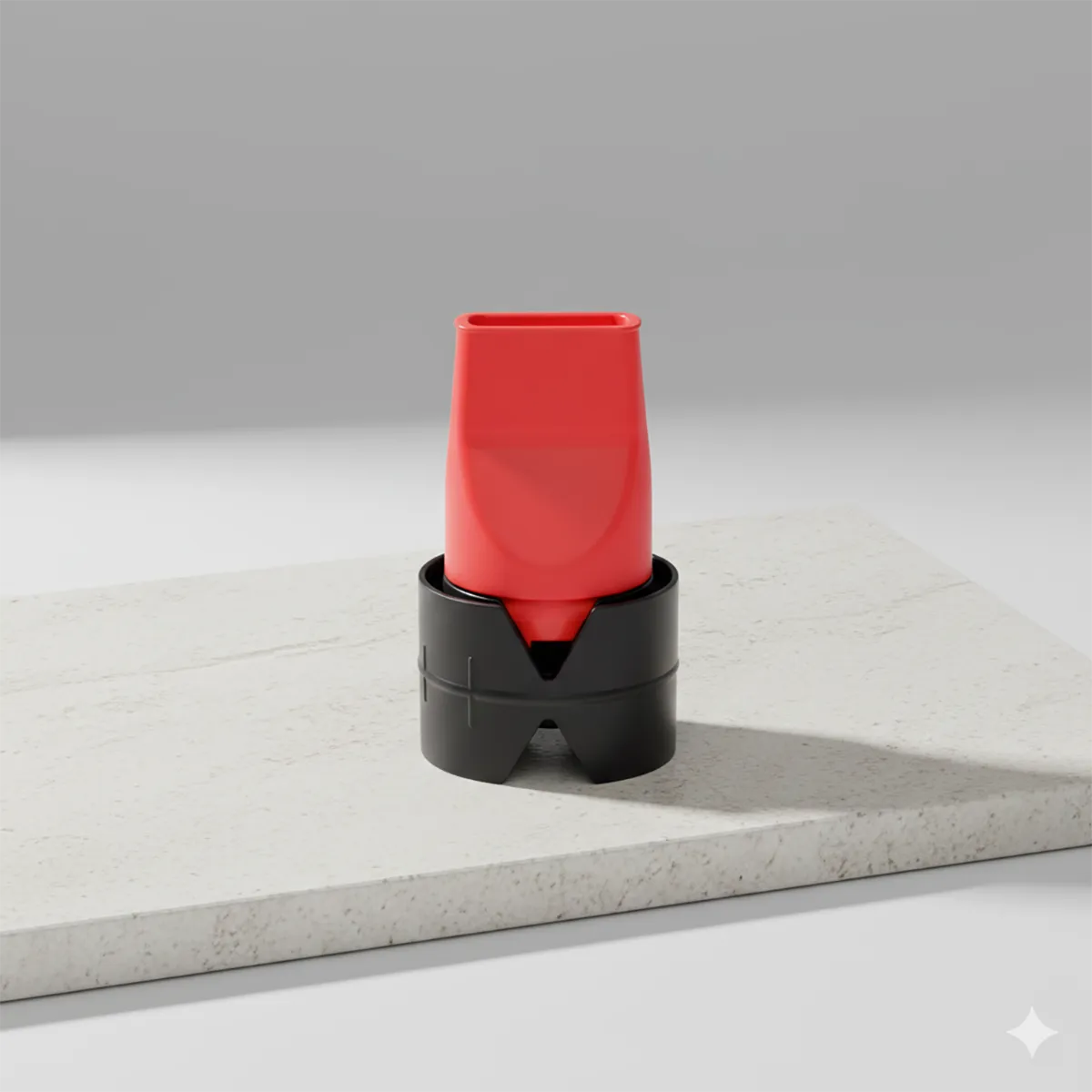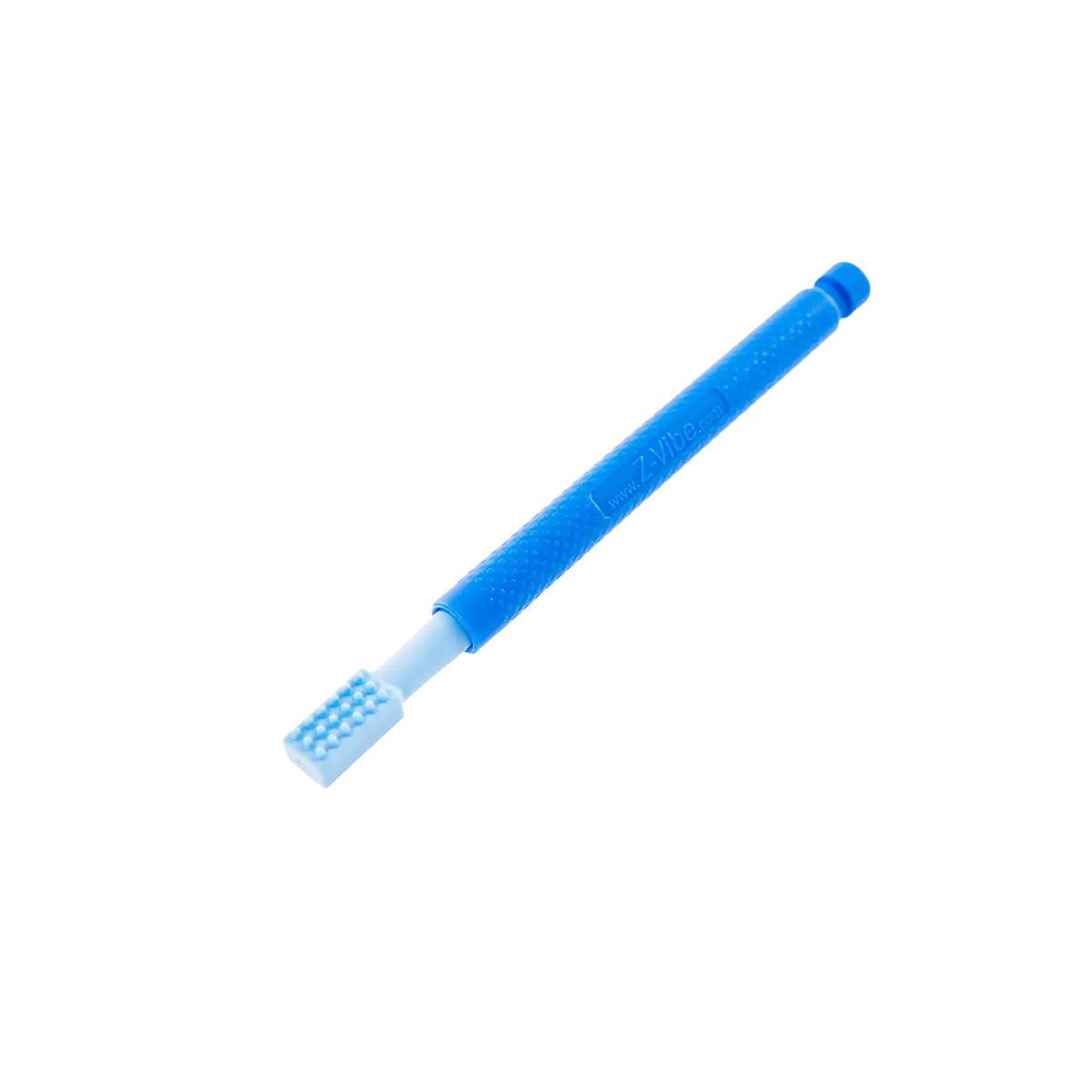For more relaxation at work and in your free time
Fit through everyday digital life with neurotraining
An email here, a pop-up window there, in between the ringing of the phone, chat messages every minute. In today's world, we are surrounded by an abundance of communication channels. The abundance of communication channels has many advantages, but for our brain it means permanent stress.
The seemingly endless flood of digital information tempts us to constantly jump back and forth between different tasks on screens. In the process, we forget to concentrate on one thing and thus to direct our attention in a targeted way. At some point, the capacity of our brain is exceeded - we fall into a state of digital overload.
Together with neurotrainer Luise Walther, we will show you a variety of exercises and explain the effects digital overload has on us and what we can do about it.

WHAT IS DIGITAL OVERLOAD?
When your head shuts down
What to do about digital overload?
The seemingly endless flood of digital information tempts us to constantly jump back and forth between different tasks on screens. In doing so, we lose the ability to concentrate on one thing at a time. At some point, our brain's capacity is exceeded—we enter a state of digital overload .
Together with neurotrainer Luise Walther, we will show you what effects digital overload can have on you and what you can do about it.
The perfect addition to your training
The best tools against digital overload

Digital overload
Strategies to combat stress in everyday digital life
Neurotrainer Lusie Walther explains which tips can help in everyday life.
Read articleExpert interviews

“I create little islands of relaxation for myself every day”

“Many people don’t notice that they are grinding and clenching”

“We probably look at our phones more often than out the window.”

"Multitasking remains a stress-induced and unproductive myth"




















